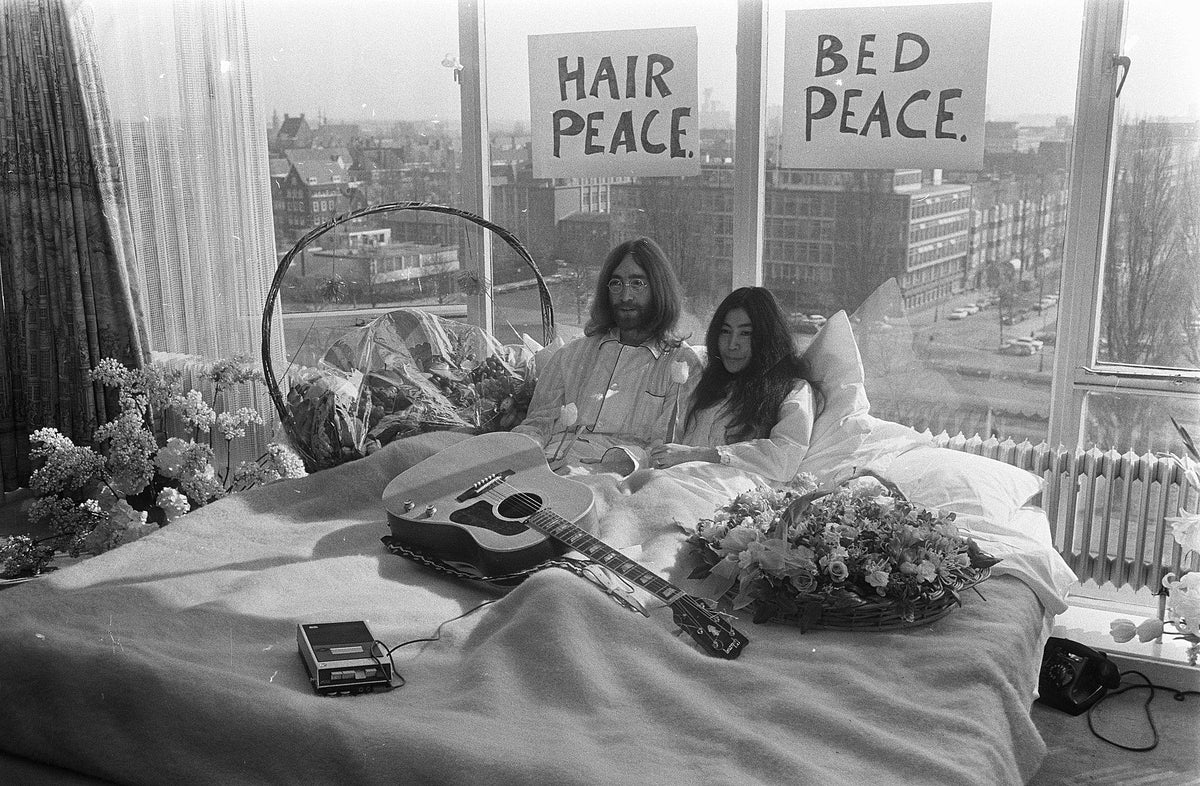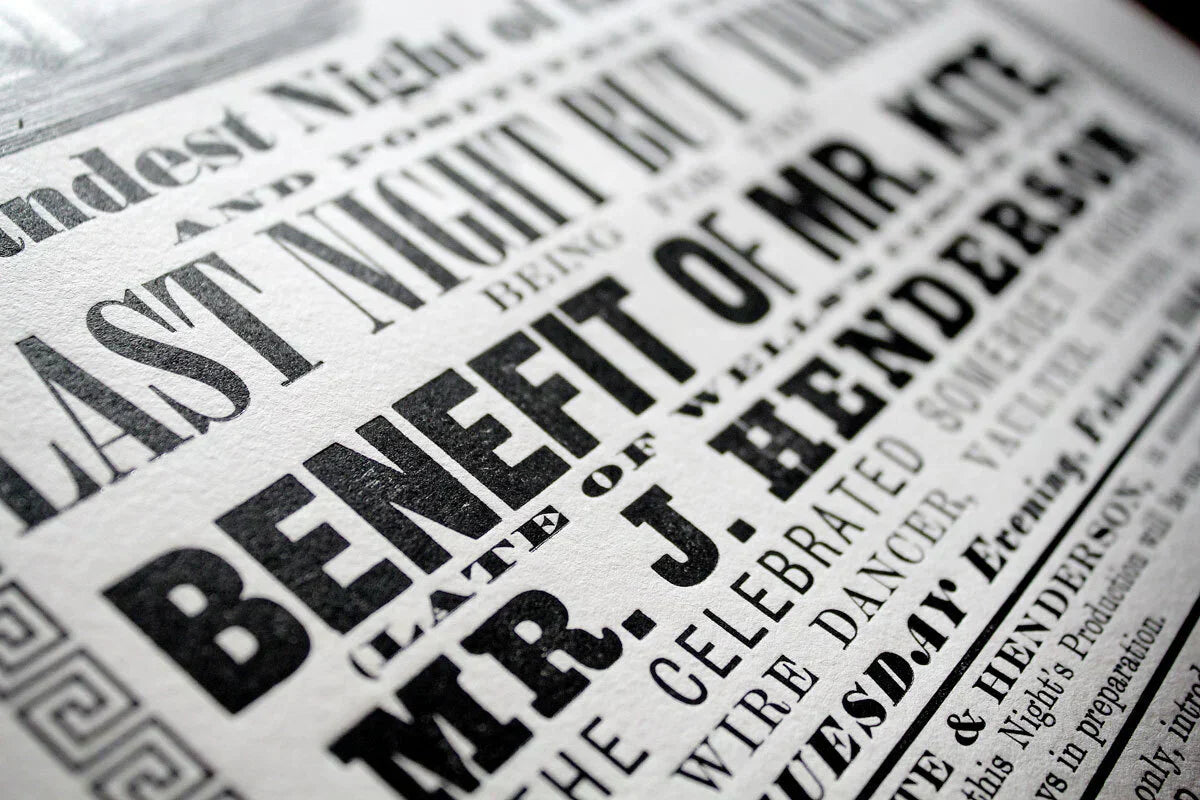
On this day in 1966, Lennon's words shook the world
The Beatles were taking the world by storm, but it wasn’t John Lennon’s lyrics that made headlines on this day in 1966.
During an interview with the Evening Standard, Lennon made a remark that would become one of the most talked-about comments in the history of popular music: "Christianity will go. It will vanish and shrink...We're more popular than Jesus now." These words, coming from a member of such a popular and beloved band, led to a significant uproar – particularly in the United States.
In response to Lennon’s comment, outraged fans took severe action. Beatles records were consigned to bonfires in public demonstrations, radio stations across the US placed an embargo on their music, and the controversy led many to condemn the band. Lennon did eventually issue an apology, however, clarifying that his intention was not to demean religious beliefs but to comment on how he perceived Christianity's influence was diminishing among the youth.
This incident not only marked a pivotal moment in the Beatles' career but also highlighted the significant impact of popular culture on societal values and beliefs. Lennon's statement and the subsequent fallout underscored the tension between the emerging counterculture of the 1960s and traditional religious institutions. Decades later, this tension between religion and the secular world remains relevant.
Lennon's vision of a world without religion, immortalised in his song ‘Imagine’, remains an unrealised dream. Yet, for Beatles fans, the enduring legacy of Lennon's controversial statement is a reminder of an era when music had the power to stir nations, challenge beliefs, and forever alter the cultural landscape. This moment in Beatles history serves as a reflection on the impact of their global fame – a legacy that persists today.
For more Beatles history, check out our Being for the Benefit of Mr. Kite print.
Image via: ultimateclassicrock.com
Also in News

Last posting dates for Christmas 2025
Order your prints in good time to arrive before Christmas. In this post, we'll suggest the latest times you should order for delivery in the UK, US and beyond.

Celebrating John Lennon’s legacy on his birthday
October 9, 1940 is an important date in Beatles’ history – the day John Lennon was born. Each year, fans across the world celebrate his life and legacy. As one of the most well-known cultural icons of all time, Lennon’s impact on the world was undeniable, as both a musical icon and an advocate for peace.

Sgt. Pepper was released 58 years ago today!
Today marks a special anniversary for Beatles’ fans – especially for us here at Kite! On the 26th May 1967, the Beatles released Sgt. Pepper's Lonely Hearts Club Band.

